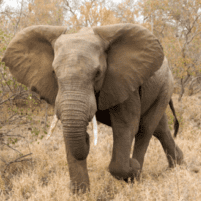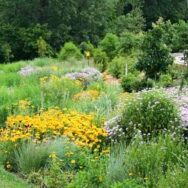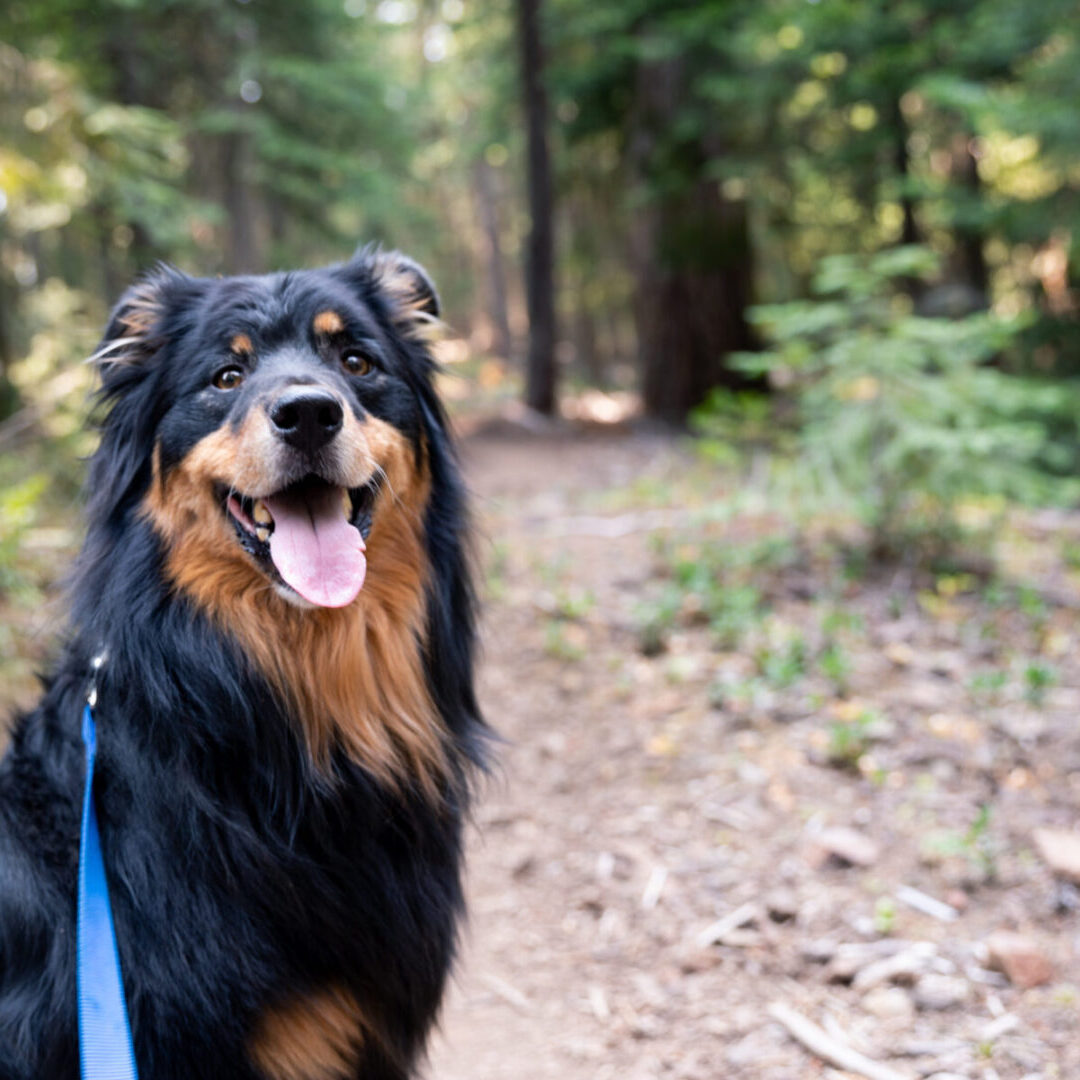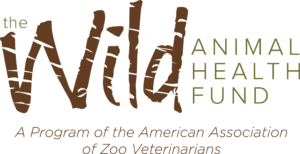10 Ways to help endangered species
#1 Visit a national park, wildlife refuge, or protected area.
These areas provide habitat for hundreds of threatened species! Visiting national parks boosts the money that the government can allocate towards protecting these lands.
#2 Reduce, Reuse, Recyle!
We know, you've heard it before. While living a zero-waste lifestyle is commendable, not everyone can accomplish this. Make switches where you can: swap plastic cutlery for reusable options, use canvas bags instead of plastic bags, and carry a reusable water bottle instead of plastic! When you make swaps, it starts to add up!
#3 Never purchase products made with ivory, real tortoise shell, coral, etc.
Not only is the sale of ivory illegal and highly prosecuted, it is responsible for the death of over 20,000 elephants each year. While real ivory isn't easy to come by these days, it's important you always know the source of your products. To report suspicious sales, click the link here.

#4 Support local accredited zoos and aquariums!
Zoos and aquariums help to protect species by educating others and inspiring visitors. Most accredited zoos participate in Species Survival Plans (SSPS) that help boost endangered animal populations through breeding programs. A species protected in a zoo provides a reservoir population against a population crash or extinction in the wild. Always do your research to ensure the institution you visit is accredited by the AZA or the ZAA. This ensures that the animals receive the best care possible.
#5 Donate to organizations created to help our zoo animals and wildlife (like us)!
The Wild Animal Health Fund is focused on one thing: zoo animal and wildlife health. We do this by funding veterinary health studies that cure, diagnose, treat, and heal wildlife all over the globe. Plenty of amazing organizations are focusing on restoring habitats, stopping deforestation, etc. The missing piece in this conservation puzzle is the animal's health! In order to save endangered species, the world's veterinarians need your help!
When you donate to the Wild Animal Health Fund, you are providing pain relief medications, noninvasive procedures, new vaccines, disease diagnoses, and so much more to the world's animals. 100% of your support goes straight to the health studies, with functional support covered by the American Association of Zoo Veterinarians. We know the animals would thank you if they could!
#6 Spread the word! Use your voice to speak up for the animals who can’t speak for themselves.
Easy examples of spreading the word include: sharing social posts, sharing links to articles, and signing petitions.
#7 Grow native plants!
Native plants are food for many local species. Challenge yourself to landscape with native plants, and your local animals friends will thank you! You can find out what plants are native to your area by using this link here.

#8 Drive carefully!
It might seem silly, but often roads are made through an animal’s habitat, forcing them to cross dangerous highways and busy roads. In the U.S., an estimated one million animals die on roads each year. The U.S. is home to more than 2,000 endangered species (plants and animals), we have to look out for them in order to save them!
#9 Always keep pets on leashes when hiking or in nature.
Keeping your pets on a leash ensures their safety, and the safety of wildlife around them. In addition to safety, it's important for pet owners to keep track of their pet's waste. Pet waste adds excess nutrients into the ecosystem that create unstable conditions. Across the US, 83 million pet dogs produce 10.6 million tons (that’s 21,200,000,000 pounds) of poop every year, each pound adding excess nutrients to the ecosystem if the waste isn’t disposed of properly (Leave No Trace 2017).

#10 Learn!
Educate yourself on local endangered animals, as well as species native to your area. In addition to the native species, it's important to look out for invasive species. You can find out which species are invasive here. You never know who you are sharing your city with!
